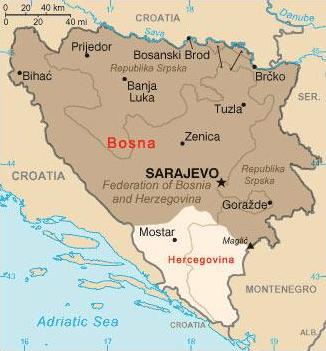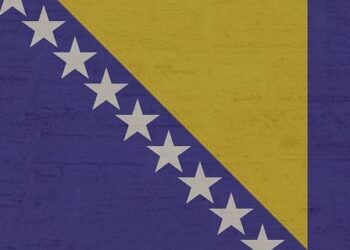In a world marked by shifting political landscapes and rising tensions,the protection of religious freedom remains a critical concern for nations around the globe. The International Religious Freedom report for 2023,released by the U.S. Department of State, casts a spotlight on Bosnia and Herzegovina, a country deeply influenced by its complex historical ties and diverse religious landscape. This report delves into the state of religious liberty within the country,examining the challenges faced by various religious communities,the role of government policies,and the impact of social dynamics on interfaith relations. As Bosnia and herzegovina navigates its post-conflict identity, this extensive analysis serves as a vital resource for understanding how religious freedoms are upheld and challenged in this Balkan nation. In this article, we explore the key findings of the report, shedding light on both progress and persistent issues that affect the landscape of religious freedom in Bosnia and Herzegovina today.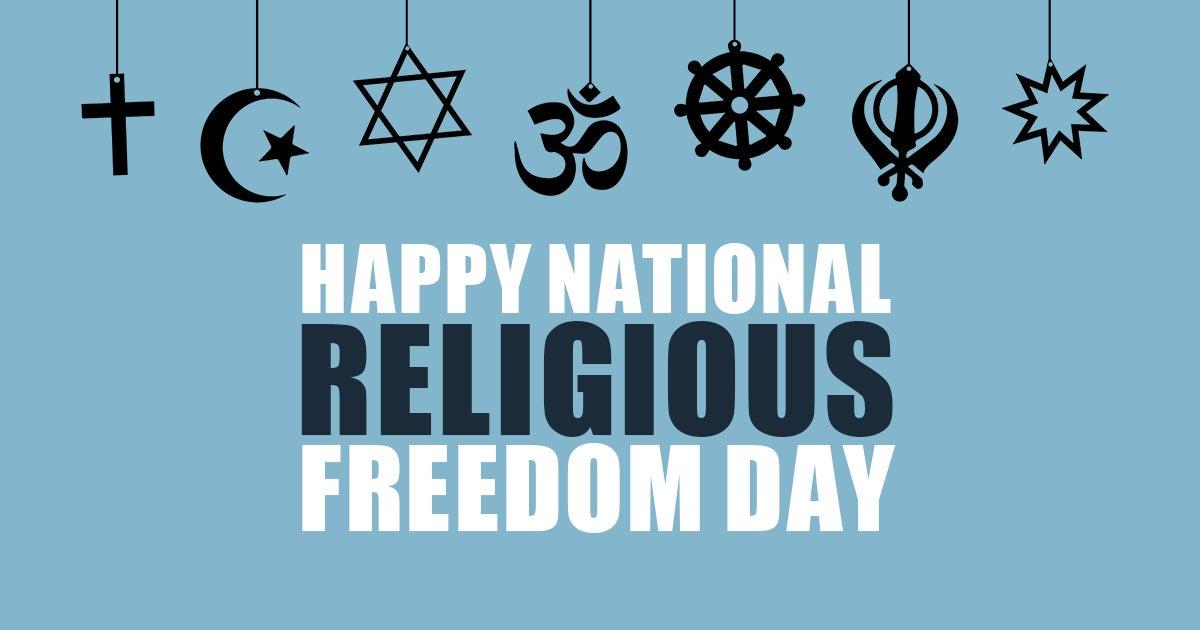
Overview of Religious Freedom in Bosnia and Herzegovina
Religious freedom in Bosnia and Herzegovina is characterized by a complex interplay of historical, ethnic, and cultural factors. The country is home too a diverse array of religious communities,primarily comprising Muslims,Orthodox Christians,and Catholics. Each group maintains its own traditions, places of worship, and social practices. The constitutional framework supports freedom of religion, which is generally upheld in law; though, the implementation can be inconsistent. Local authorities and communities may impose informal restrictions,ofen reflecting the underlying ethnic and political tensions that persist since the Balkan wars of the 1990s.
Despite these challenges, members of different faiths often engage in dialog aimed at promoting tolerance and coexistence. Crucial initiatives and interfaith programs have been established to foster this spirit, including:
- Community Dialogues: Organized discussions between religious leaders and community members to address misconceptions and build understanding.
- Joint Celebrations: Collaborative celebrations of religious holidays that encourage participation from various faith groups.
- Education Initiatives: Programs aimed at teaching the values of religious tolerance in schools.
while the legal environment supports religious freedom, ongoing societal divisions continue to challenge the full realization of this essential right in everyday life.
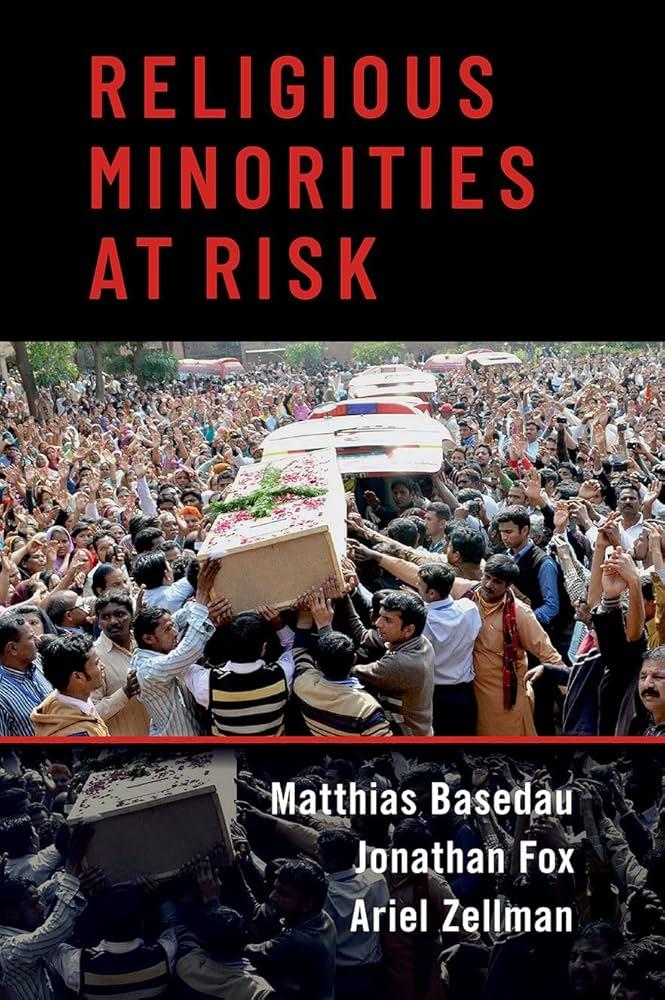
Key Challenges Facing Religious Minorities
Religious minorities in Bosnia and Herzegovina face several notable challenges that impact their ability to practice their faith freely and safely. Notable among these issues is the discrimination prevalent in various spheres of public life, including employment, education, and political representation. Many minority group members report instances where their religious identity has led to social ostracism or even economic disadvantage. This persistent inequality exacerbates the feeling of exclusion, creating an environment where interfaith dialogue is often stifled.
Along with societal discrimination, political instability presents a formidable barrier to the religious freedom of minorities. The complex post-war political landscape often sidelines minority voices, with governance heavily influenced by dominant ethnic and religious groups. Furthermore, ther is a notable absence of legal protections specific to religious minorities, leaving them vulnerable to various forms of harassment and violence. The absence of a robust legal framework impedes the ability of these communities to advocate for their rights and secure their place within Bosnia and Herzegovina’s multicultural fabric.
![]()
Government Policies and their Impact on Religious Freedom
In recent years, government policies in Bosnia and Herzegovina have directly influenced the landscape of religious freedom within the country. While the constitution guarantees the right to freely practice one’s religion,various local laws and administrative practices can hinder this freedom. Notably, political instability often leads to a lack of cohesive policies that protect religious minorities, resulting in increased vulnerability to discrimination and violations of rights. The interplay between different political entities and their respective religious affiliations can create an environment where adherence to certain religious practices is viewed suspiciously, exacerbating tensions among communities.
Moreover, reports indicate that state-sponsored initiatives aimed at promoting religious tolerance have yielded mixed results. Key factors contributing to these outcomes include:
- Inconsistent request of laws: legal protections for religious practices are frequently enough implemented unevenly across different regions.
- Influence of nationalist sentiments: Political rhetoric can invoke religious identity, leading to increased sectarian divisions.
- Lack of education on religious diversity: A deficiency in educational programs addressing interfaith dialogue perpetuates stereotypes and misunderstandings.
For instance, a recent study showcased the inconsistency in community responses to religious festivals. Below is a simplified overview of recent government responses to significant religious events:
| religious Event | Government Response | Community Impact |
|---|---|---|
| Islamic Feast of Sacrifice | Noticeable police presence | Increased security but heightened tension |
| Orthodox Easter | Public holiday recognition | Strengthened community ties |
| Catholic Christmas | No formal event management | Marginalized celebrations |
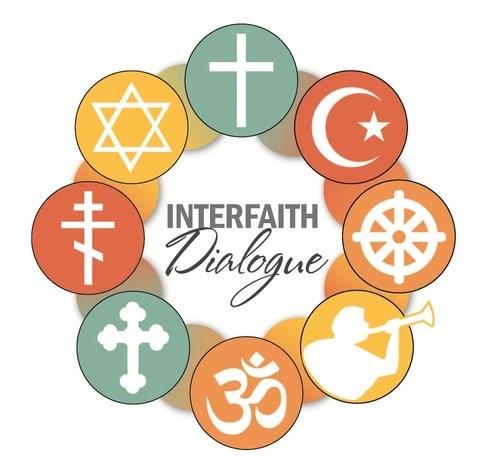
Community Responses and Interfaith Initiatives
In recent years, the diverse communities of Bosnia and Herzegovina have actively engaged in interfaith initiatives aimed at fostering dialogue and mutual respect among different religious groups. These initiatives have centered around educational programs and community events that highlight shared values and promote understanding. Some notable efforts include:
- Interfaith Dialogues: Regular meetings between leaders of different faiths to discuss peacebuilding and coexistence.
- Cultural Festivals: Events celebrating various religious traditions, encouraging participation across denominations.
- Joint Humanitarian Projects: Collaborative efforts to address social issues such as poverty and education, transcending sectarian divides.
The commitment to these initiatives reflects a broader recognition of the importance of collaboration in response to historical tensions. Community responses have varied, but the overarching trend has been of support for inclusive practices and policies. Local groups have organized training sessions and workshops aimed at equipping participants with skills to navigate religious diversity.Highlighted below is a summary of active interfaith organizations dedicated to fostering these values:
| Institution | Focus area | Notable Activity |
|---|---|---|
| Bosnian Council for Interfaith Cooperation | Dialogue Promotion | Annual Interfaith Conference |
| Women of Faith Network | Empowerment | Workshops on Tolerance |
| Youth for peace | Engaging Young Leaders | Interfaith Youth Exchange |
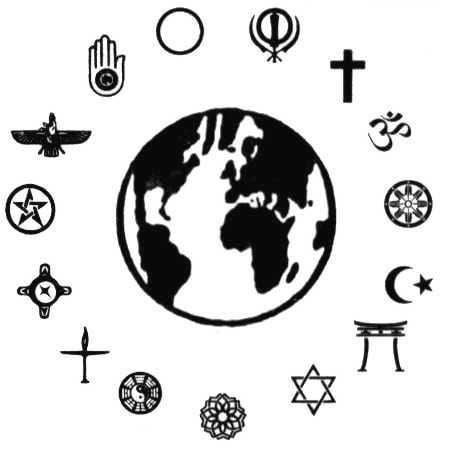
Recommendations for Strengthening religious Tolerance
To foster a more inclusive society, it is essential to promote interfaith dialogue that allows individuals from different backgrounds to share their beliefs and practices openly. This can be achieved through organized discussions, joint community service projects, or cultural exchange programs that highlight the rich tapestry of religious traditions. Additionally,encouraging educational initiatives in schools that cover the history and tenets of various religions can help dismantle stereotypes and promote a deeper understanding among young peopel.
Moreover,policy-makers should focus on strengthening legal frameworks that protect religious freedoms and ensure that violations are promptly addressed. This can involve implementing legislation that safeguards against discrimination while promoting community involvement in monitoring religious tolerance initiatives. Creating a platform for civil society organizations to engage in advocacy can also amplify voices that support pluralism and peace. By fostering collaboration among government, NGOs, and religious institutions, a solid foundation for enduring religious tolerance can be established in Bosnia and Herzegovina.
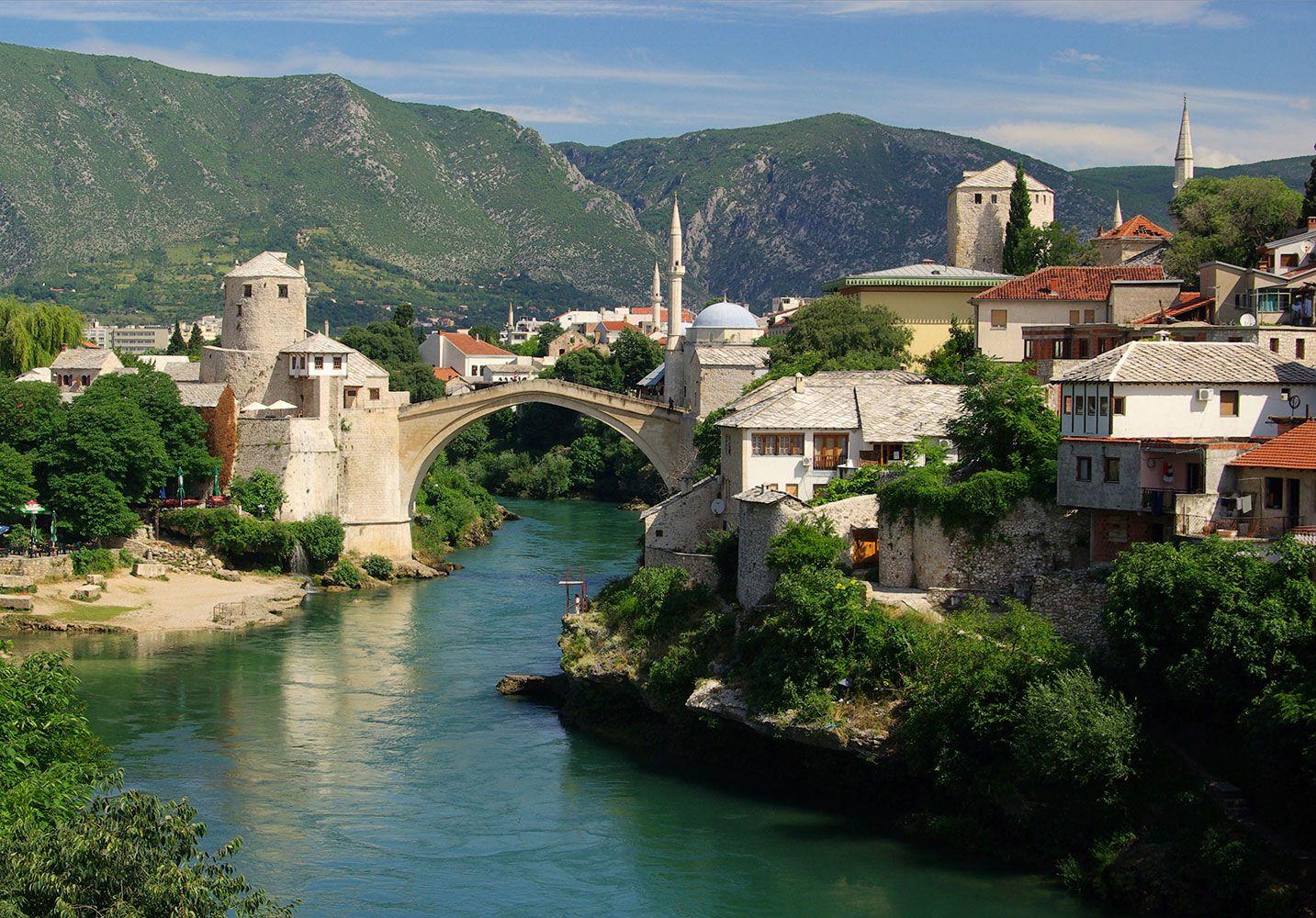
Future Outlook for religious Freedom in Bosnia and Herzegovina
The future of religious freedom in Bosnia and Herzegovina remains a complex tapestry, woven with threads of historical context, cultural diversity, and emerging challenges. As the nation continues to navigate its post-war identity, various factors are poised to influence religious liberties, including the rise of nationalism, socio-political shifts, and the ongoing dialogue among religious communities. Potential developments could include:
- Increased Interfaith dialogue: Initiatives promoting cooperation and understanding among different faiths may cultivate a more inclusive environment.
- Youth Engagement: Empowering the younger generation to champion religious tolerance and coexistence could lead to lasting change.
- Policy Reforms: legislative changes aimed at safeguarding minority rights may emerge in response to both local and international pressures.
however, numerous challenges persist. The intertwining of religious identity and ethnic affiliation continues to pose risks to the stability of religious freedom. moreover, economic disparities and social tensions may exacerbate existing divides. Among critical considerations for the years ahead are:
| Challenge | Impact on Religious Freedom |
|---|---|
| Nationalism | May fuel exclusionary practices |
| Socio-political Instability | can lead to increased discrimination |
| Resource Allocation | Affects support for minority places of worship |
Looking ahead, the trajectory of religious freedom in Bosnia and Herzegovina will depend significantly on collaborative efforts among governmental bodies, civil society, and religious institutions to foster a climate of mutual respect and understanding. Through proactive engagement, there lies a potential for a harmonious coexistence that honors the nation’s rich tapestry of beliefs.
The Way Forward
the 2023 Report on International Religious Freedom in bosnia and Herzegovina reveals a complex landscape where religious pluralism coexists with deep-rooted challenges. The findings underscore the importance of continued vigilance and proactive measures in safeguarding the rights of individuals to worship freely,irrespective of their faith. This report not onyl serves as a crucial resource for policymakers and advocates but also highlights the ongoing need for dialogue and understanding among Bosnia and Herzegovina’s diverse religious communities.As the country navigates the delicate balance between its rich cultural heritage and the pressing demands of modernity, fostering a climate of mutual respect and tolerance will be essential for sustaining peace and stability in the region. The commitment to protecting religious freedom remains a cornerstone for promoting broader human rights and democratic values,enriching the lives of all citizens in Bosnia and Herzegovina.


